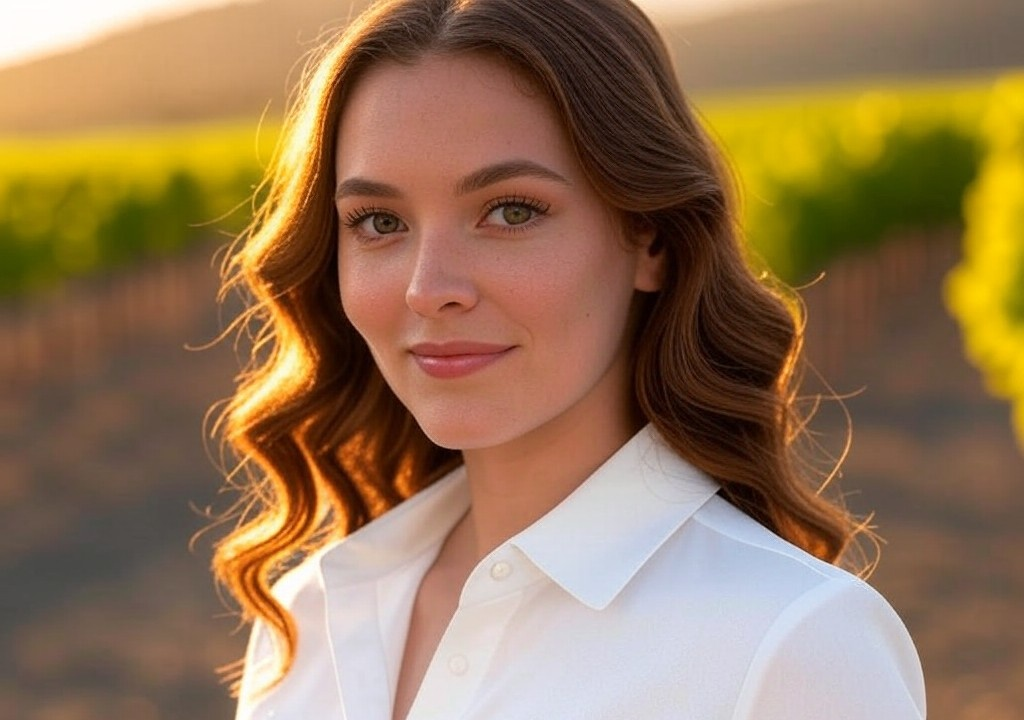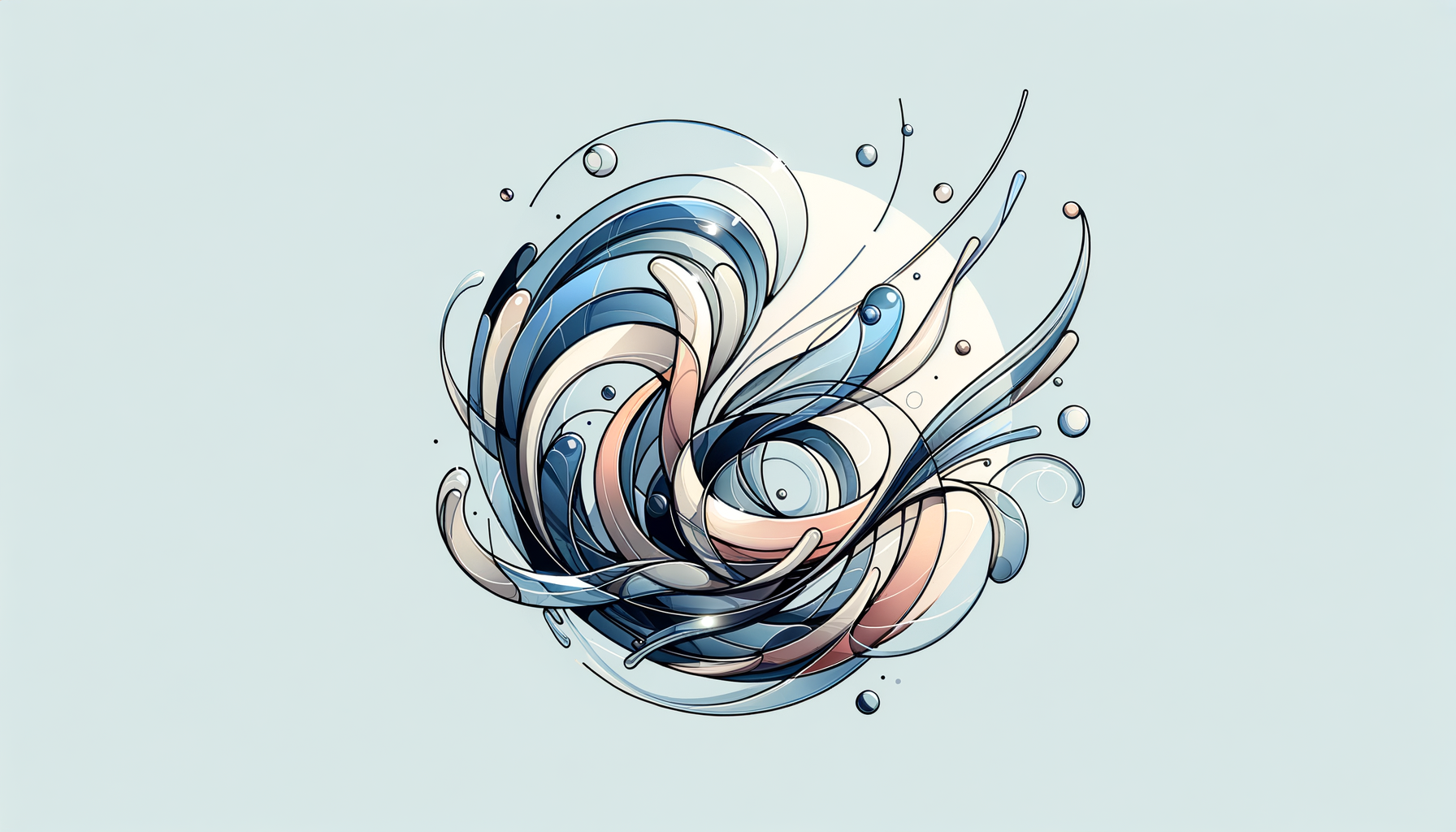I was en route to Lyon’s Les Halles market, a pilgrimage for anyone who claims an affection for food. This particular trip was part of my semester abroad—half study, half excuse to consume my own weight in pastries. I had planned to spend the day discovering obscure cheeses and debating whether I could smuggle a baguette into my suitcase without totally blowing my customs form. What I didn’t plan for was the stranger who would unknowingly change my perspective on relationships.
Growing up in Napa Valley, where connections often revolved around the swirl of a glass or the whisper of a vineyard breeze, I thought I understood intimacy. Relationships were about shared tastes—realizing someone else also liked early harvest Viognier or perfectly crisp pommes frites. Compatibility was boxes checked, flavors matched, a fine pairing. But then, I met the stranger on the train.
The Unexpected Seatmate
The train from Paris to Lyon was crowded that morning, packed with a collage of locals, tourists, and a woman three seats down performing an entire skincare routine in broad daylight. I was still transitioning from the leisurely pace of my California countryside life to the bustling unpredictability of Europe. Reluctantly, I slid into my window seat, clutching my mini fresh-baked croissant like a bread-based talisman. Moments later, my seatmate plopped down beside me—a middle-aged man with a weathered leather satchel and an aura of approachable chaos. Think Anthony Bourdain meets a professor who grades your essays on vibe alone.
Within minutes, he zeroed in on me: the wide-eyed American trying not to smear butter on her scarf. “First time in France?” he asked in impeccable English, though his accent hinted otherwise. His name was Marcel, he explained, and though his home base was Lyon, he spent much of his time in the Rhône Valley overseeing vineyards. Grapes, oddly enough, gave us instant common ground.
Marcel didn’t talk about wine in the way I was used to—that tidy Napa approach of tannins and tasting notes. To him, wine was about emotion. When he spoke of a bottle he’d loved, he didn’t dissect it with technical jargon; instead, he described memories it unlocked and feelings it evoked: the crackling of a fire, the bittersweet scent of lavender in summer, the faint ache of nostalgia after hearing a favorite song.
"Great pairings," Marcel said mid-conversation, "are never about two perfect things. They’re about what happens when imperfection meets magic."
The Lesson in the Glass
At first, I thought he was just talking about grapes—how weathered vines often yield the most character-rich wines or how unpredictable soil creates texture. But as the train rattled on, it became clear: he wasn’t talking about wine at all.
Marcel asked about my family, and I mentioned my parents and their impossibly harmonious partnership. They’d been married almost three decades, carving out a life in the vineyards where they orchestrated everything from guest tastings to perfect Sunday dinners. I described their union in a way that bordered on aspirational, like I hoped romance could be measured and replicated like a recipe.
“That sounds lovely,” Marcel said, nodding. “But careful. Life isn’t meant to be a checklist of ingredients.”
If this were a movie, that line would’ve been delivered seconds before a montage of me stumbling through my own love life—the blind dates that felt like polite hostage negotiations, the moments of awkward second-guessing, the earnest attempts to mold myself into something “ideal.” And boy, was it easy to hear Marcel’s words and think: “Yes, Briar. Relationships are not recipe cards, so stop wasting time measuring teaspoons of charm.”
Somewhere between his dissertation on imperfection and a random digression about Lyon’s hidden rooftop cafés, Marcel paused and handed me a small journal from his satchel. On the leather cover, in worn gold embossing, was an inscription: Pour les Histoires d’Amour. For stories of love. Inside were fragments of notes—on wine, on cities, on moments Marcel seemed to savor like a favorite glass.
“Keep it,” he said. “Everyone has to start their own story.”
Bottling the Lesson
Marcel reminded me that relationships, like wine, aren’t always about balance and control. They're about what happens when beauty and chaos swirl together—a bouquet of sturdy notes and delicate whispers you never expected to complement each other.
Here are a few takeaways I’ve uncorked since that train ride:
-
Forget the “perfect partner” myth: In my career as a wine educator, I’ve encountered people obsessing over the “ideal” wine to pair with their meal. The truth? Sometimes an unexpected match is much more memorable—like falling for someone who’s polar opposite in all the right ways.
-
Celebrate flaws: Imperfections are quirks, the back label on the metaphorical bottle of you. That scar? That awkward laugh? That peculiar affection for 90s rom-com soundtracks? Those are your vintage characteristics. Embrace them.
-
Be bold enough to share your quirks: Marcel’s journal wasn’t filled with polished essays—it was brimming with real, incomplete thoughts. Share your weird and spontaneous scribbles, not what you think people want to read.
-
It’s the story, not the score: Someday, when I open the bottle of wine from my trip to Lyon—the one I shamelessly ignored baggage restrictions for—I won’t care about critic ratings. What will matter is the train, the sunrise filtering through a window, and the wisdom of a man who reminded me that life tastes better when it isn’t filtered.
One Final Toast
By the time the train pulled into Lyon, Marcel had distracted me from my carefully curated travel plans. Instead of sticking strictly to my guidebook, I scribbled ideas in "the love journal” alongside addresses for cheese shops he recommended. I dove into the city, stumbling into local bakeries and lingering over espressos, all with a less rigid checklist in hand.
What Marcel taught me—and what I hope to pass along—is this: Authenticity is messy, spontaneous, and impossible to control. That’s what makes it enchanting. If we treated our relationships like sipping great wine—more savor, less stress—we’d all spend less time overthinking and more time discovering magic in the imperfections. So here’s to leaving room for mystery, marvel, and maybe even an illogical pairing or two. Cheers.




















